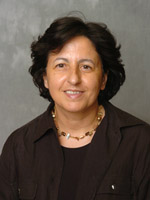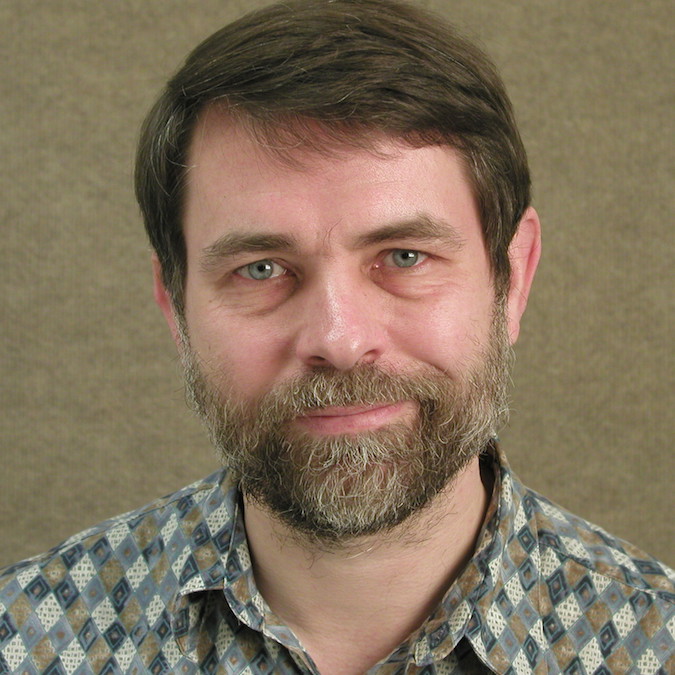2015 Oregon Cyber Security Day
April 17, 2015, Friday
Jaqua Auditorium, University of Oregon, Eugene, Oregon
Distinguished Speakers

Kevin Fall
Kevin Fall, Ph.D., is the Chief Technology Officer and Deputy Director of the Software Engineering Institute (SEI) at Carnegie Mellon University (CMU). SEI is a federally funded research and development center that works with government, industry and academia to improve the acquisition, development and security of software systems.
The SEI also operates the CERT program in cybersecurity. As CTO, Fall is primarily responsible for the technical strategy of SEI, and for creation and maintenance of SEI’s research portfolio. He is also an adjunct professor in the School of Computer Science, a former member of the DARPA ISAT Study Group, and the co-chair of the Delay Tolerant Networking Research Group.
He has served as a member of the Air Force Scientific Advisory Board, Internet Architecture Board, the Army/DARPA Senior Advisory Group, and as a consultant to the Defense Science Board. He is a Fellow of the IEEE (for his work on DTN), and author of the second edition of the textbook “TCP/IP Illustrated, Volume 1: the Protocols”.
Prior to joining CMU and Qualcomm, he was a Principal Engineer at Intel Labs for 12 years. Prior to this, he was the principal network architect at NetBoost corporation (acquired by Intel), an adjunct professor of computer science at UC Berkeley, staff scientist at the Lawrence Berkeley National Laboratory, and visiting scholar at the Woods Hole Oceanographic Institution. He has 30 years of experience in computer systems and networking. His specific areas include network protocols and architecture, network simulation, and security. He is also a pilot, scuba diver, and locksmith, and holds 9 patents.

Elisa Bertino
Elisa Bertino is professor of computer science at Purdue University, and serves as Director of Purdue Cyber Center and Research Director of the Center for Information and Research in Information Assurance and Security (CERIAS). She is also an adjunct professor of Computer Science & Info tech at RMIT. Prior to joining Purdue in 2004, she was a professor and department head at the Department of Computer Science and Communication of the University of Milan. She has been a visiting researcher at the IBM Research Laboratory (now Almaden) in San Jose, at the Microelectronics and Computer Technology Corporation, at Rutgers University, at Telcordia Technologies. Her recent research focuses on database security, digital identity management, policy systems, and security for web services. She is a Fellow of ACM and of IEEE. She received the IEEE Computer Society 2002 Technical Achievement Award and the IEEE Computer Society 2005 Kanai Award. She is currently serving as EiC of IEEE Transactions on Dependable and Secure Computing

Peter Reiher
Peter Reiher received his Ph.D. in computer science from UCLA in 1987. He worked at JPL until 1992, after which he returned to UCLA, where he is an adjunct professor in the Computer Science Department. Dr. Reiher has performed research on many topics in networks and systems, including network and system security , file systems, operating systems, wireless networks, mobility, active networks, and ubiquitous computing. He has co-authored books and published over 120 papers on these subjects in journals and conferences. He is a member of the ACM, IEEE, and the Usenix Association, served as Vice-Chair of IEEE Computer Society CSTS from 2005 to 2007, and was an associate editor for ACM Transactions on Internet Technologies.

Jesse Walker
Jesse Walker has been Intel Corporation’ Chief Cryptographer for the past decade. In 2000 he was the first to identify the flaws in WEP, the original Wi-Fi security protocol, and served as the lead architect for WPA and WPA2. He was a co-designer of SHA-3 finalist Skein and of the ISO 20009 anonymous attestation protocol. He created the architecture on which Intel’s RDRAND instruction is based, and made many contributions to Intel’s SGX technology. In 1980 Dr. Walker received a Ph.D. in mathematics from the University of Texas at Austin.